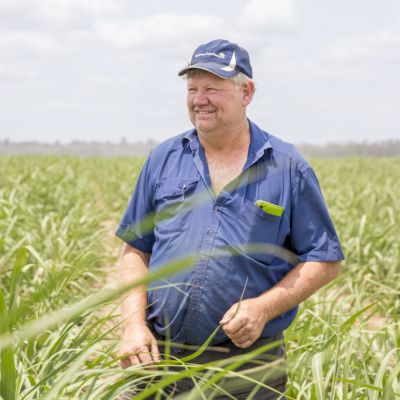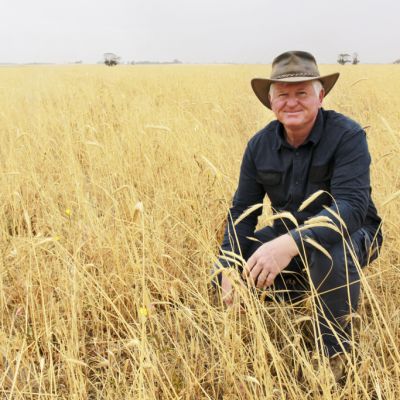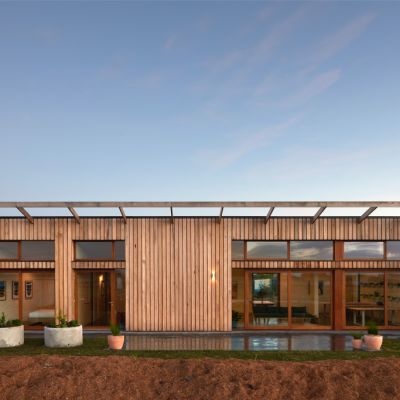'Vulture' investors circle drought-stricken farming towns: agents
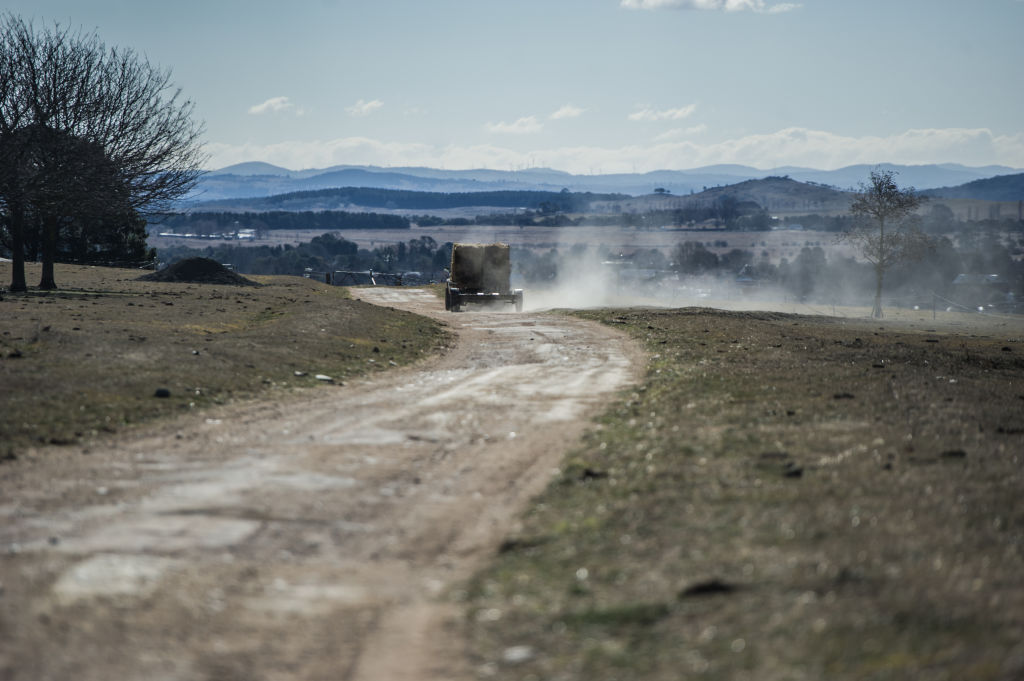
City-based investors are lobbing lowball offers for properties in regional Australian towns that are running out of water.
The bargain-basement bids add insult to injury for drought-stricken areas already struggling with weak economies.
Dozens of towns across the country are at risk of running out of water or have run out already amid the ongoing drought, and scientists have warned that climate change makes the effects of droughts stronger and more damaging.
Near Queensland’s southern border, Stanthorpe Landmark Harcourts agent Julie Clark said she’d had to fend off too-low offers from buyers in bigger cities.
“People ring up and make enquiries and make offers of ridiculous amounts of money because of the drought,” she said. “The vultures have been circling.
“They’re trying to cash in on the drought conditions and try to grab a bargain.”
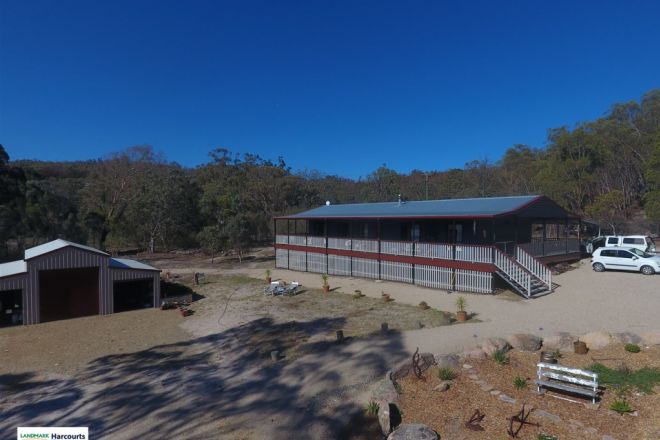
Water levels in the town are critical, and Ms Clark doesn’t pass on the offers to her clients to avoid lowering their morale further.
“They don’t get to my clients. I nip it in the bud,” she said. “[Potential buyers are] playing on the fact the market’s down and the country’s in a bad way.
“I’m lucky my clients don’t have to sell quickly.”
Ms Clark said water wasn’t as much of an issue as it was perceived, and generous donations and logistical efforts by several individuals and companies were keeping the town going.
In Walgett, northern NSW, residents were facing a similar issue. While property sales were slow, there were still some transactions here and there and some newcomers arriving in the town, Kelly’s Property Sales’ Dianne Kelly said.
“We’ve had a couple of sales, one to the [NSW government] and the other was a private person who moved into Walgett for his job, and there’s a couple of local guys who are buying houses,” she said. “[But] there are some people leaving here, definitely.
“We’ve been in drought for so long. The town looks terrible because we haven’t been able to use water outside.”
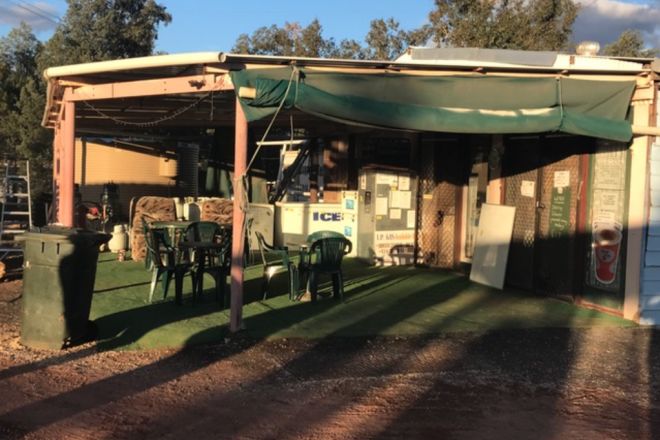
The impact the dry weather has on the local economy was the biggest issue, Ms Kelly said.
“It’s just the rain. It won’t rain. It won’t bloody rain,” she said. “We don’t have our big harvest, which won’t bring big business to the town, with all the trucks coming through [to collect produce].”
Nearby Moree was doing it tough too, Ms Kelly said, but less so because they had reliable access to groundwater.
In Tamworth, agents were more optimistic, with McCulloch Agencies’ Daniel McCulloch welcoming interest from speculators.
“We’re in some pretty tough times, which I believe creates opportunity,” he said. “You go f—ing mad if you aren’t optimistic.”
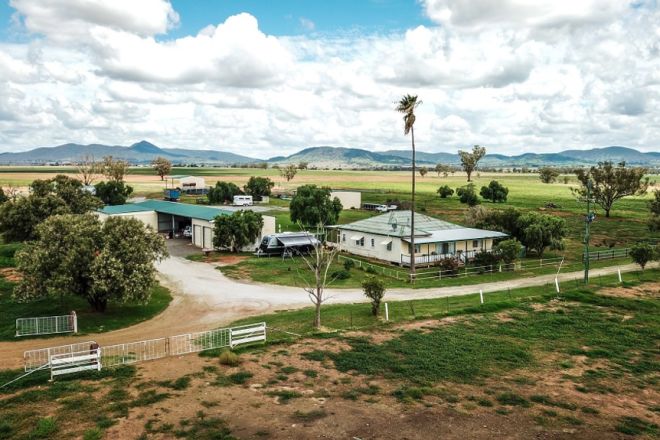
Mr McCulloch said locals weren’t buying because the agrarian economy in the area was down.
“Agriculture is a massive part of regional areas and so much hinges on it,” he said. “People don’t know if they’ll have a job in a few weeks’ time.
“There’s a lot of industries that have had to make people redundant because there’s not a lot of business.”
Other towns were having better luck, because of their more diversified economies.
In Orange, primarily a mining town with an industry less dependent on water, McCormack Barber’s Peter McCormack said there was more of an undersupply.
“We’re a unique story of not enough homes being on the market when in a lot other regional towns have the opposite,” he said.

The health industry was doing well, and likely to attract more residents to the regional centre, despite its dwindling water supply, Mr McCormack said.
“There’s a private hospital that’s about to be opened and there will be 300-plus employees needed for that,” he said. “There will be 350 new families in the next 18 months. I don’t think there will be enough housing for them.”
Domain economist Trent Wiltshire agreed agricultural towns would suffer the most.
“A drought will impact not only agricultural output but also retail and other industries linked to agriculture as incomes drop and people spend less,” he said.
“For some, the drought might hit hard and some are forced to sell, so it could drag on the property market; on land prices as well as house prices in the towns.”
Mr Wiltshire said Orange’s more positive story would be common in towns with resilient economies.
“More diversified regions will be able to withstand a drought,” he said. “That’s a gamble, but often a challenge for farmers is having the finance or the capital to get through a drought period.”
We recommend
We thought you might like
States
Capital Cities
Capital Cities - Rentals
Popular Areas
Allhomes
More
- © 2025, CoStar Group Inc.
